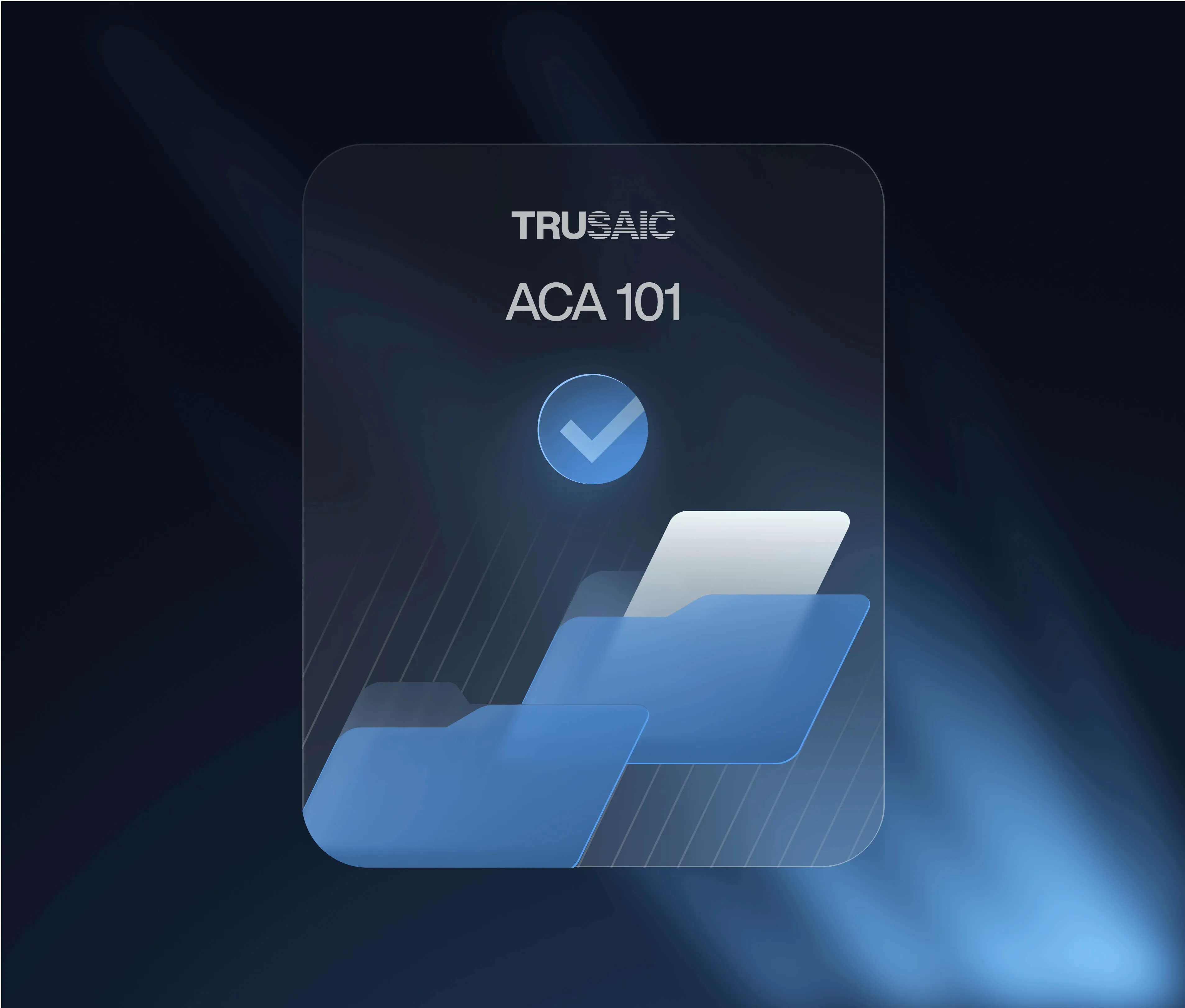Introduction
As of July 1, 2018, the New Jersey Equal Pay Act requires contractors that are providing qualifying services to the state or any public body to file an Equal Pay Report to the Department of Labor and Workforce Development.
The report must include wage and demographic data for all employees who are employed in the State of New Jersey.
Additionally, specific contractors working on New Jersey public works projects must file a payroll certification form on a weekly basis.
Employers entering into a contract with the State of New Jersey or another New Jersey public entity should also gather existing company policies and data to develop an affirmative action program (AAP).
New Jersey reporting requirements
Who needs to report?
All contractors providing qualifying services or public works construction to the state of New Jersey or any public body. The requirement does not apply to employers that are contracting with local governments, such as municipalities and counties.
What to report?
Depending on the contract type, contractors will submit either an annual Equal Pay Report or weekly Payroll Certification that contains the gender, race, ethnicity, job category (EEO-1 categories), compensation, number of hours worked by each employee and pay band. The law does not require contractors to submit pay gap information.
Where and when to report?
Contracts for Qualifying Services: Contractors must file an Equal pay report annually for qualifying services to the Department of Labor and Workforce Development via NJ Wage Hub.
Contracts for public works: Public works (payroll certification) reports should be filed online via NJ Wage Hub weekly per the specific public works contract. By submitting certified payroll and/or contract/project details on the New Jersey Wage Hub, you comply with the public works contracts requirements of the Diane B. Allen Act.
External reporting
There is not an external reporting requirement for the Equal Pay Act. However, the information is made available to the Division of Civil Rights, and, upon request, to employees and their authorized representatives.
Internal disclosure
There is no internal disclosure required but under the Act, employees can access the reports from the Department of Labor and Workforce Development, upon request.
Deadlines and cadence
Equal Pay reports must be submitted annually on March 31.
Payroll Certification for Public Works projects must be submitted weekly.
New Jersey pay transparency requirements
New Jersey passed its pay transparency law Sept. 26, 2024, and it took effect June 1, 2025.
The law applies to employers with “10 or more employees over 20 calendar weeks and does business, employs persons, or takes applications for employment within New Jersey.”
There is no language requiring employees to be located within New Jersey to be counted. Thus, even if you do not have employees located in New Jersey, you are required to provide salary ranges on job postings if you:
- do any business in New Jersey, or
- accept any employment applications in New Jersey
Employers are required to disclose the range of the hourly wage or salary for the position along with a general description of benefits and other compensation programs for which an employee would be eligible on all job postings and transfer opportunities. The law also applies to job postings through a third party.
The law will also require employers to make “reasonable efforts” to announce, post, or otherwise make known opportunities for promotion to all current employees in affected departments prior to making a promotion decision.
A promotion decision is defined as “a change in job title and an increase in compensation.” The bill clarifies that an employee who is rewarded a promotion on the basis of years of experience or performance would not be subject to the bill’s notification requirements.
Employers that fail to comply with the pay transparency law would be subject to a civil penalty not to exceed $300 for the first violation and $600 for each subsequent violation.
Employment equity standards
Under New Jersey’s Equal Pay Act (N.J.R.S.10:5-12), it is an unlawful employment practice for employers to discriminate against protected classes, including sex, in compensation or in terms of conditions or privileges of employment.
It is unlawful for an employer to pay any of its employees who is a member of a protected class at a rate of compensation, including benefits, which is less than the rate paid by the employer to employees who are not members of the protected class for substantially similar work, when viewed as a composite of skill, effort, and responsibility.
Differentials in pay must be related to a seniority system, merit system or other legitimate objective reasons like training, education, experience, or other legitimate Wage Influencing Factors.
The risks of non-compliance
Contracts for qualifying services: Contractors that fail to comply with the New Jersey Equal Pay Act reporting requirements are subject to financial penalties. Additionally, they are at risk of litigation from employees who can be awarded compensatory damages, attorneys fees, costs, and punitive damages for willful acts.
Under the Equal Pay Act, prevailing employees may obtain these same remedies along with up to six years of back pay and treble (three times) damages for violations.
Contracts for public works: If within 10 days of a request by the Commissioner, a public works employer fails to file the material required in the report and sworn as to its accuracy, the Commissioner may, within 15 days:
- Direct the officer responsible for disbursement of funds for the public body which contracted for the public works project to withhold from the employer 25% of the amount, not to exceed $100,000, due the employer under the contract for the project.
Employers that fail to comply with the pay transparency law would be subject to a civil penalty not to exceed $300 for the first violation and $600 for each subsequent violation.
How can Trusaic assist with New Jersey equal pay reporting compliance?
1. Comply – Use Trusaic’s RAPTR solution to complete required reporting by compliance deadlines:
Applicability determination: Perform an accurate assessment of your applicability, according to jurisdictional specific definitions and regulatory frameworks so you can understand your reporting obligations across the globe.
Deadline management: Prepare ahead of time with project timelines, timely notifications, and reminders, to keep you on track to meeting jurisdictional deadlines.
Expert legal guidance and support: Benefit from the expertise of our trusted pay equity attorneys, so you understand your compliance requirements across a diverse global regulatory landscape. Receive world-class customer support, including assistance throughout the compliance process.
Streamlined data extraction: Collect the necessary data for analysis and submission with a simple click of a button; powered by certified data integrations with the world’s largest HCM, HR and Payroll platforms, including Workday, SAP, UKG and ADP. Provide data through Trusaic’s Pay Equity platform, a SOC 2 Type II and GDPR-compliant tool for data transmission.
Data quality assurance: Trusaic performs data validations to ensure your collected data and information aligns with the standards and definitions provided by each jurisdiction.
Compliant report outputs: Take away the burden of reporting by effortlessly generating outputs containing necessary compliance information.
Reporting checklist: Follow step-by-step guidance on where, when and how to report to any jurisdiction’s regulatory body, as well as your required internal disclosure and public posting obligations.
2. Correct – Use PayParity® to understand, explain and resolve pay disparities:
Risk assessments: Stay aware of any potential exposure to any government audit or litigation. Our cross-functional team of data scientists, statisticians, and government regulatory compliance experts have rigorously worked to reverse-engineer the calculations that will be used by jurisdictions to estimate pay disparities, so you can prepare in advance.
Understand your pay gaps: Leverage Trusaic’s pay equity software solution to explain your pay gaps so you can understand the root causes and safeguard from equal pay claims and legal action.
Resolve pay disparities: Make pay adjustments where applicable so you can eliminate pay disparities and show improvements in your reported pay gaps from one year to the next.
3. Communicate – Use Trusaic’s Pay Equity solutions to communicate narratives and share salary ranges with confidence:
Pay equity narrative: Communicate the sources of your pay gaps, progress objectives, and corrective measures to employees and internal stakeholders with Trusaic’s TrueTransparency™. Show data-backed progress in your pay gaps over time.
Salary range explainability: Use Salary Range Finder® to establish and post competitive and equitable pay ranges to confidently comply with pay transparency laws.
Mitigate risk of recurrent pay disparities: Ensure new hires receive unbiased pay offers with the use of external labor market data and internal pay equity analytics to reduce unplanned and expensive pay remediations.







